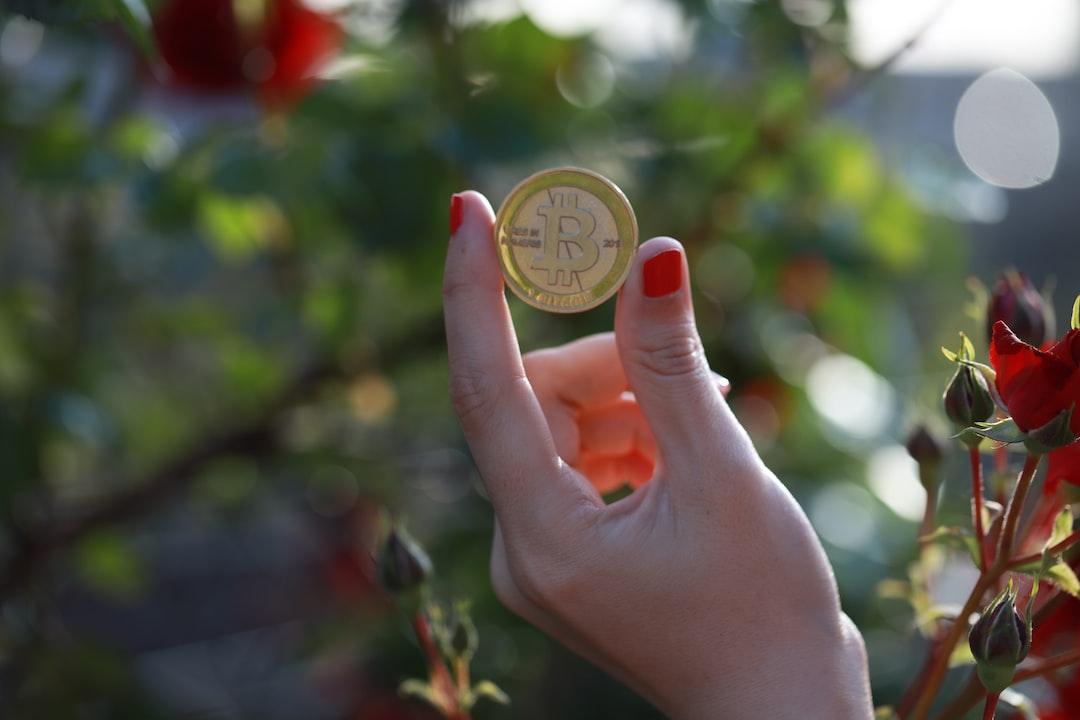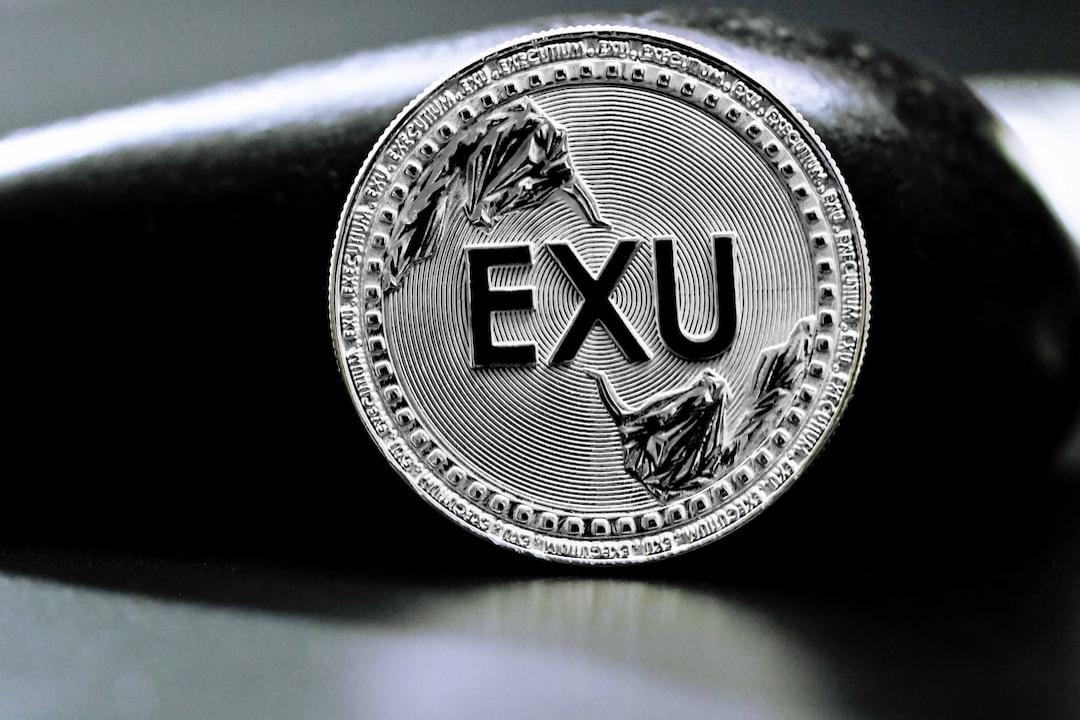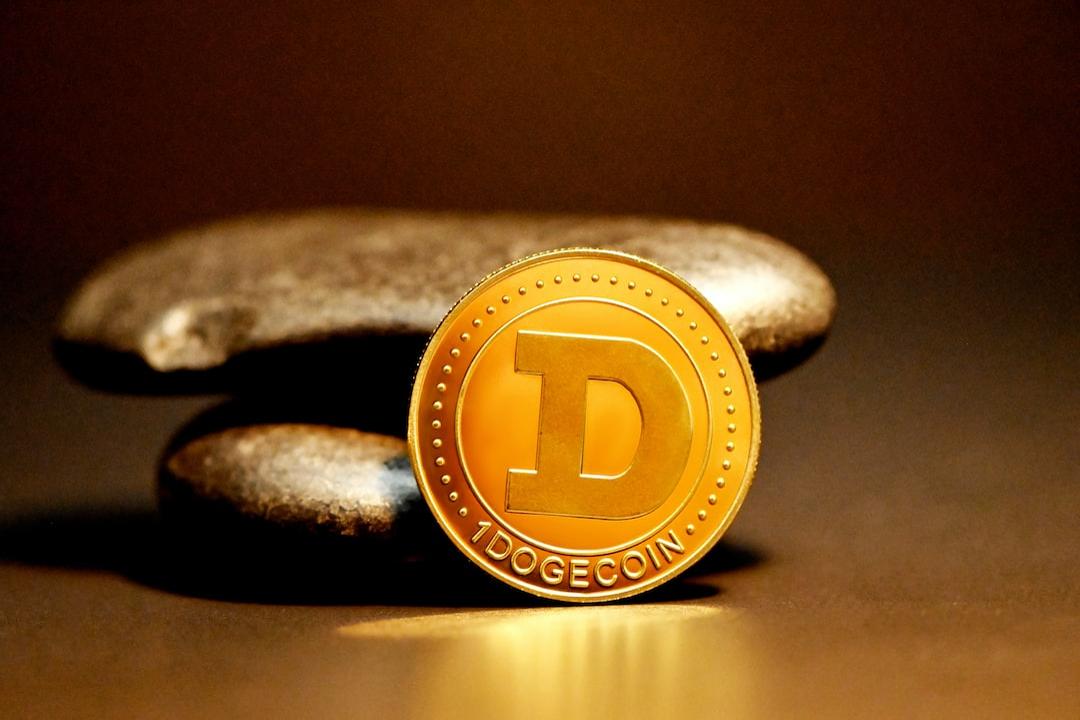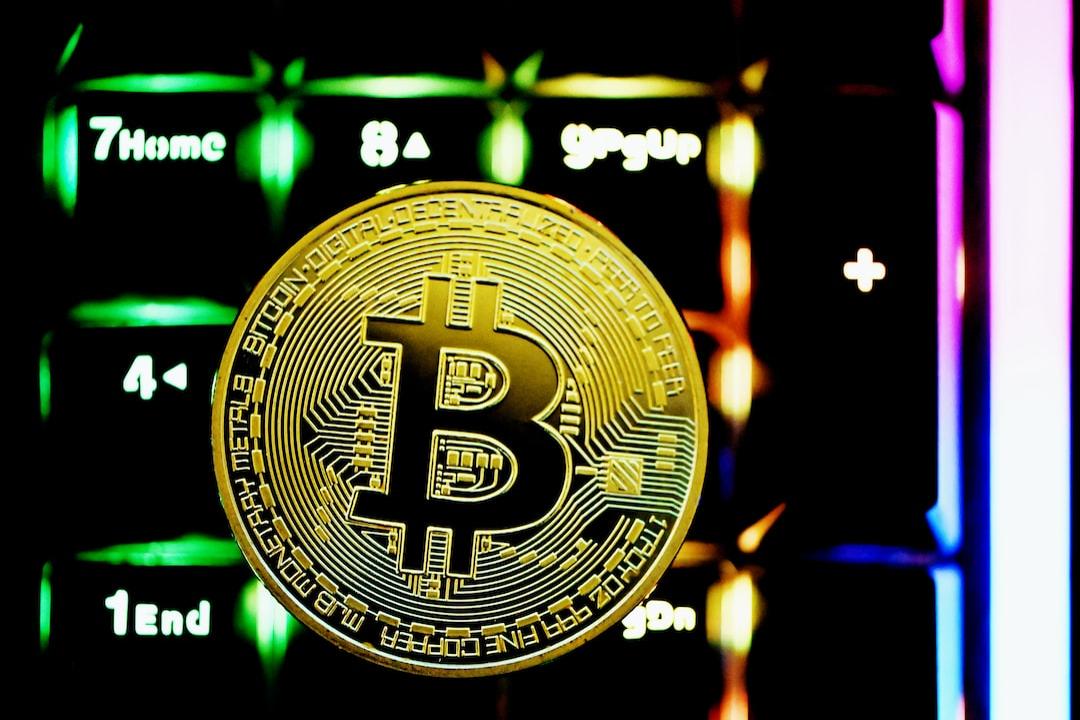Chain Game Version of MapleStory Set to Launch in 2025
What additional value can the integration of classic game IPs and blockchain technology bring to players? Nexpace, a subsidiary of South Korean gaming giant Nexon, provides the best answer to this question.
MapleStory is one of the classic games published by Nexon, having entered the Taiwanese market 20 years ago. Nexpace, the company’s subsidiary dedicated to developing gaming blockchain and AI applications, announced that it will launch the “chain game version” of MapleStory N in 2025.
MapleStory N retains the interface and art style familiar to players, but the most significant difference is that this version is centered on a “decentralized economic model” and “deep player participation,” breathing new life into the classic IP through blockchain technology.
Why make such a change? Dominic Jang, Nexpace’s Chief Business Officer, candidly stated, “People’s perceptions of games have changed.”

Nexpcae CBO Dominic Jang
Image /Nexpace
What Prompted MapleStory to Embrace the “Blockchain Path”?
Dominic Jang shared, “Playing games in isolation no longer satisfies players. Sometimes players want to watch others play (like on Twitch), or they need more content beyond the game itself to feel engaged, or even to gain a sense of novelty.” The speed at which game companies release new gameplay and content has long fallen behind players’ demands.
As a result, Nexpace intends to decentralize content production rights and create a more organic gaming ecosystem through blockchain. This led to the birth of the MapleStory Universe, where, in addition to the game MapleStory N, there is also a marketplace for players to freely trade items and a token economic system.
Crucially, the MapleStory Universe plans to launch a Software Development Kit (SDK) and Application Programming Interface (API), enabling developers to create content and applications within the ecosystem, thereby transferring content production rights to the players.
For instance, developers can use smart contracts to create an item rental platform, allowing them to lease their NFT equipment to other players.

In the MapleStory Universe ecosystem, in addition to the game MapleStory N, there is also an NFT marketplace for players to freely trade items and a token economic system.
Image /Nexpace
Beyond creating a more open and free gaming ecosystem, bringing MapleStory onto the blockchain also aims to address the inflation issues of traditional game items.
Dominic Jang explains that the primary revenue for free games comes from in-game purchases, which means developers must constantly create stronger new items to render old items obsolete, prompting players to continue spending. As new items become stronger, old items depreciate, and since game developers can issue equipment without limits, this leads to an ever-increasing quantity, thus causing inflation issues.
“Items that players spend money on are replaced by new items in a few months, which can lead to players losing interest in the game or even leaving,” said Dominic Jang.
Nexpace’s solution is to change the item system in MapleStory N through blockchain, such that the game no longer sells items infinitely through a centralized marketplace, but instead uses a “limited supply” model to mint item NFTs, where each minting incurs a cost. This ensures that items are not endlessly issued, stabilizing the game’s economy. Additionally, these NFTs can be freely bought and sold in the trading market, allowing the market to determine their value.
Is MapleStory N More Than Just “Play-to-Earn”?
For blockchain games, the “token economy” is a crucial component. Currently, the MapleStory Universe features two types of tokens: one is NXPC, a cryptocurrency running on the blockchain, which developers or players must use for “minting” new items or for paying transaction fees on the chain.
Additionally, there is “NESO” within the game MapleStory N, which is similar to in-game currency (such as MapleStory’s meso) and can also be seen as “wrapped NXPC.” Players can exchange it for NXPC at a fixed ratio for the aforementioned purposes or trade it on exchanges.
The significance of the token economy lies in the fact that blockchain games generally attract players looking to “make money.” However, Dominic Jang emphasizes that while players can earn money through the game, this is not the core value of the game.
“We want to attract players who enjoy a real-world economic experience, rather than speculative players.” In-game items and assets hold economic value, so the items and characters that players cultivate with care during the gaming process are not just meaningless in-game assets. These items can be traded with cryptocurrencies or fiat, giving the players’ investments value and forming a sustainable economic cycle.
Furthermore, the value of equipment and items stems from “market demand” and “actual in-game utility,” rather than price speculation. The core of MapleStory N remains “gameplay,” with the economic system providing players with greater participatory rights rather than dominating everything in the game.
Creating a Co-Creative Gaming Ecosystem with Players
MapleStory N has already undergone two closed beta tests and is expected to officially open in the first half of 2025. According to official data, the closed tests and surrounding activities have generated a total of 31.5 million on-chain transactions, with active wallet numbers reaching as high as 972,000.
During this period, 3.5 million NESO tokens have been used, accounting for 76.2% of the total circulation, with more than half of the usage dedicated to “enhancing items,” indicating that players’ primary motivation remains “gaming experience” rather than mere profit.

The closed beta tests and surrounding activities of MapleStory N have generated a total of 31.5 million on-chain transactions, with active wallet numbers reaching as high as 972,000.
Image /Nexpace
Such achievements are hard-earned. Dominic Jang states that blockchain technology is still in its early developmental stages, and many necessary technologies are not yet mature. Therefore, Nexpace had to independently develop many core functions during the creation of MapleStory N. Additionally, regulatory challenges related to blockchain are another hurdle, as South Korea’s regulatory environment still imposes restrictions on issuing cryptocurrencies, prompting Nexpace to establish its operational headquarters in “Web3-friendly” Abu Dhabi.
After overcoming the development challenges, the ultimate goal of MapleStory N is not only to witness the growth of “the game itself” but to build a decentralized, player-driven entertainment ecosystem.
“If our ecosystem has more users for third-party developed applications than our officially developed applications, that means we have succeeded,” said Dominic Jang. Developers are no longer the sole content providers but instead provide the platform and foundational rules, allowing players and developers to co-create the entire ecosystem.

